Donald Trump’s Current Trade Policy: A Plan Hidden in Chaos

Trump’s three-phase strategy aims to reshape the global economic order in favor of the U.S. Initially, tariffs are used as a negotiating tool, followed by reciprocal tariffs to create fairer trade. The long-term goal is a new currency agreement that strengthens the U.S. dollar while allowing for its devaluation. This strategy carries significant risks: if it fails, it could lead to global fragmentation and a diminished role for the U.S. on the world stage.
Russia’s Covert and Hybrid Warfare: The Gerasimov Doctrine in Action

Russia’s hybrid warfare, driven by the Gerasimov Doctrine, combines military and non-military means to destabilize its opponents. Through covert operations, cyberattacks, disinformation, and economic pressure, Russia seeks to undermine democracies and expand its influence. The GRU, especially its Unit 29155, plays a key role in sabotage, assassinations, and destabilization efforts worldwide. The West faces an undeclared war, and Russia’s aggressive tactics pose a severe threat to global security and democracy.
Donald Trump’s latest tariff move has sent financial markets into turmoil – and now raises serious questions about possible market manipulation and insider trading.

Donald Trump’s tariff policies in April 2025 caused a massive stock market crash, only for the tariffs to be suspended shortly afterward, leading to a sharp market rally. Critics claim that Trump may have manipulated the market for personal gain, with his company TMTG benefiting from a significant stock price surge. There are also concerns about potential insider trading, as Trump’s public post urging investors to “BUY” coincided with his tariff reversal. These events raise serious questions about conflicts of interest, market manipulation, and the abuse of political power for financial advantage.
Twilight of Democracy: How Oligarchs Are Driving Capitalism into Fascism
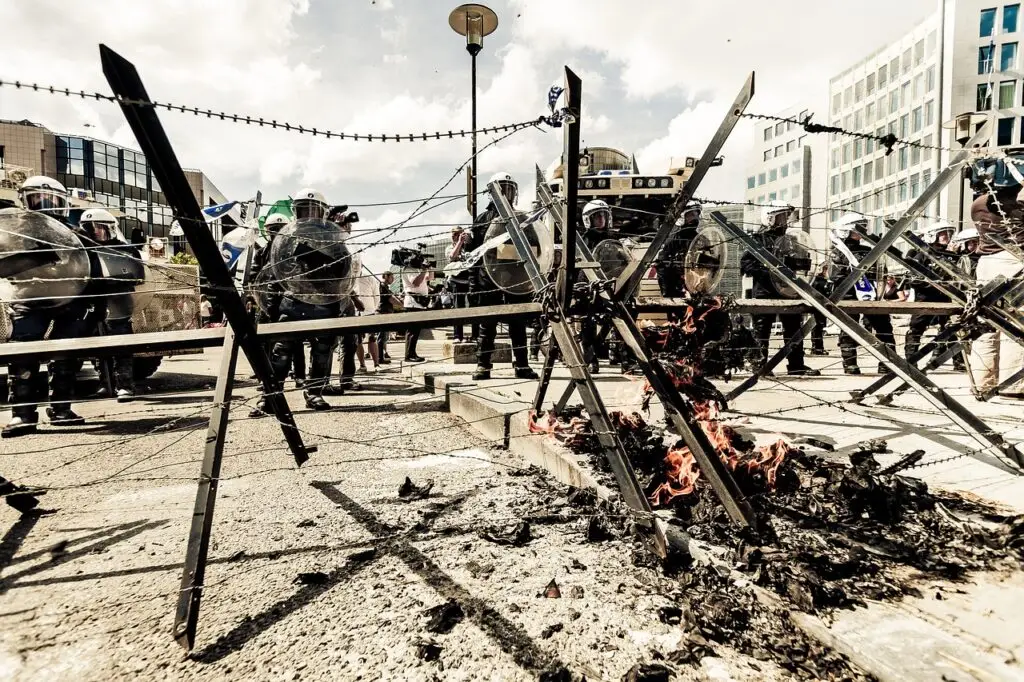
Capitalism is at a crossroads. As oligarchs accumulate unprecedented wealth and power, inequality rises, threatening democratic values. History shows that economic instability often paves the way for fascism—is history repeating itself? This article explores how short-term profit motives, political manipulation, and the erosion of the middle class create a dangerous spiral. Where does this path lead? Can capitalism be reformed for fairness, or are we heading toward an authoritarian future?
Scandal in the Oval Office: Trump vs. Zelensky – Is Ukraine Aid Now at Risk?

The recent Oval Office clash raises doubts about continued Ukraine aid. With Trump back in power, Europe must ask: Can it sustain Kyiv without U.S. support? While nations like Germany, France, and Poland send billions in weapons, it’s unclear if that’s enough. Without Washington, ammunition shortages and political fractures loom. If Europe doesn’t step up fast, Russia could gain the upper hand—threatening Europe’s security architecture.
Russian Propaganda and Its Narratives: An Analysis
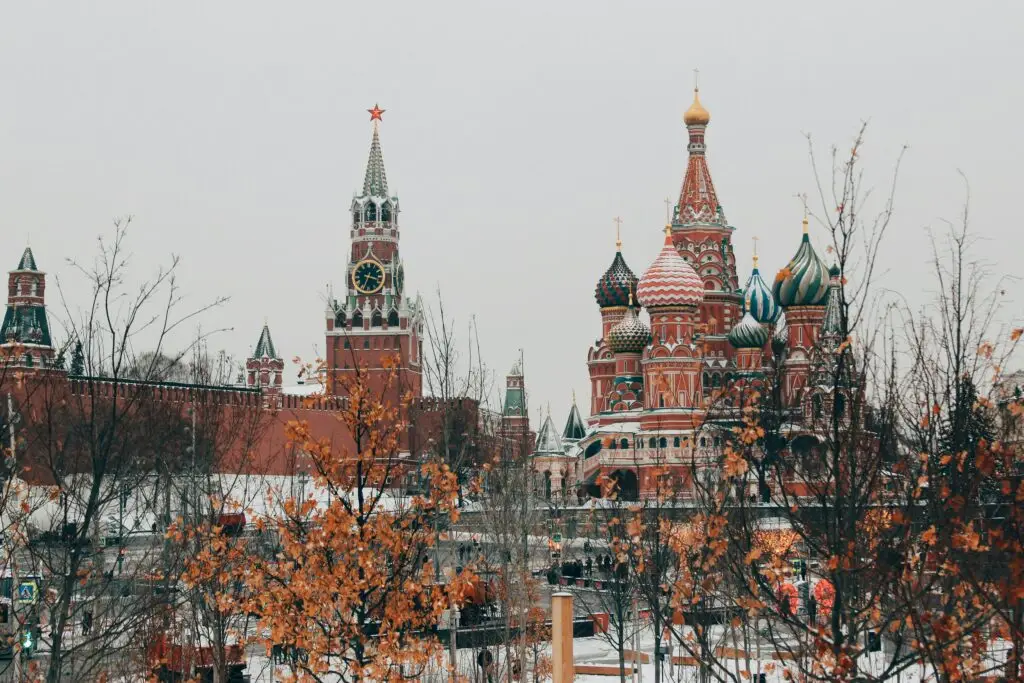
Russian propaganda aims to sow doubt and discredit Western support for Ukraine. Common narratives claim that Ukraine is a dictatorship, the West orchestrated a coup in 2014, or that Russia is merely defending itself. These claims do not hold up to factual analysis. Ukraine remains a democracy, Russia is the aggressor, and Western sanctions are weakening Moscow’s economy in the long run. Critical source analysis is essential to expose disinformation.
Putin’s Sinister Game: Destabilizing Europe Through Manipulation, Chaos, and Hybrid Warfare
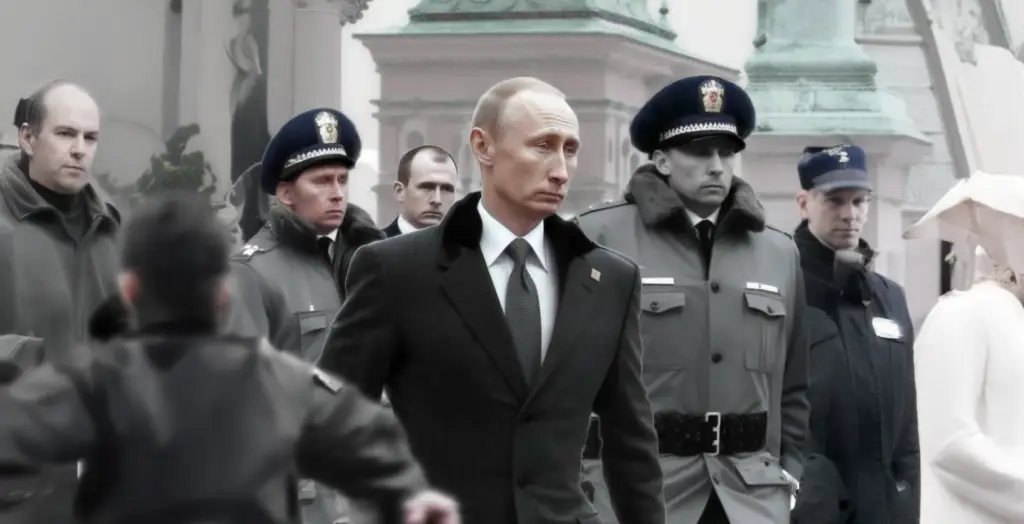
Putin isn’t waging war with tanks but with disinformation, cyberattacks, and political manipulation. His goal: a weak, divided Europe that collapses from within. While the West hesitates, Putin exploits every vulnerability. If Europe doesn’t wake up soon, his vision of a powerless, chaotic EU may become reality.
Europe at a Crossroads: Challenges and Opportunities for a Stronger Future
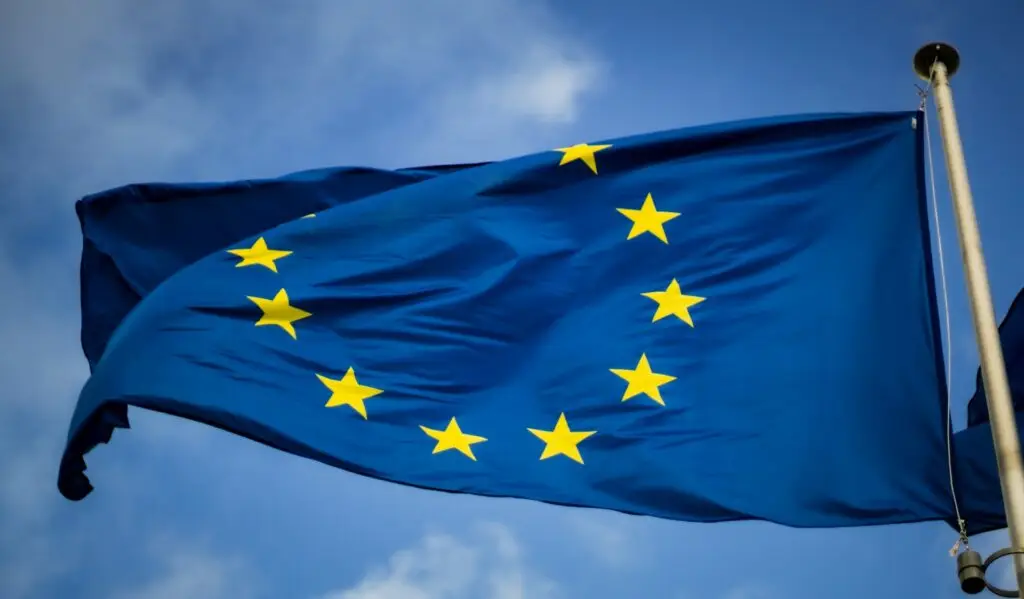
Europe stands at a crossroads: geopolitical tensions, technological shifts, and economic competition threaten its position against powers like the US, China, and India. Internal divisions and bureaucratic inertia hinder necessary reforms. Yet, Europe has immense potential: investment in education, innovation, renewable energy, and social cohesion could strengthen its global standing. A new “innovation drive,” energy independence, and democratic modernization are crucial to safeguarding competitiveness. Without bold reforms, Europe risks falling behind and becoming dependent on other powers. Now is the time to act and build a forward-looking vision for the continent’s future.
Elon Musk and the Controversial Salute: Provocation, Influence, and Global Reactions
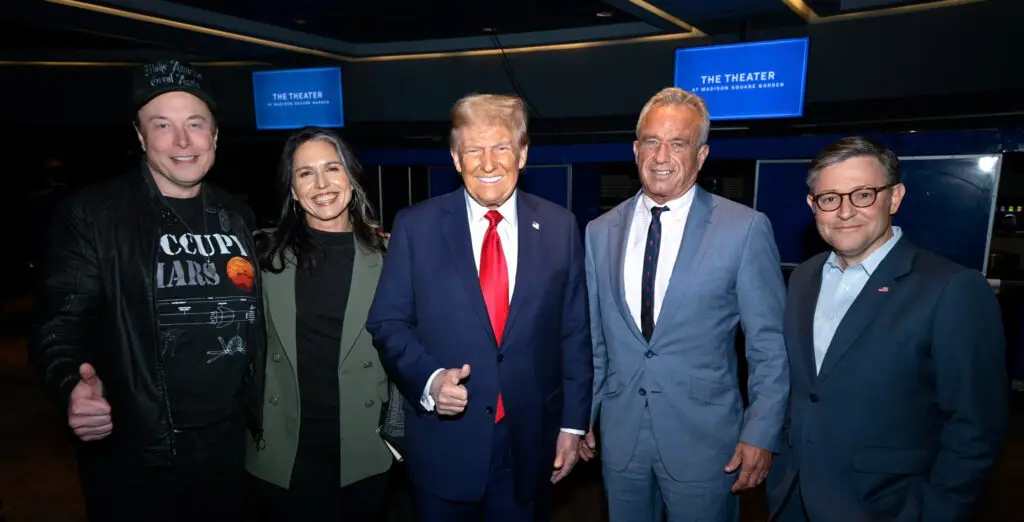
Elon Musk recently sparked global outrage by making a gesture during President Trump’s inauguration that resembled a Nazi salute. Whether intentional or impulsive, this act has drawn sharp criticism and raised questions about his motivations and accountability. While the gesture has been condemned by many, it has also been celebrated by extremist groups and could be exploited for propaganda in Russia. This incident highlights the profound influence of public figures and underscores the need for critical examination of their actions and their global impact.
Oligarchs and Their Growing Influence: A Risk to Democracy and Society?
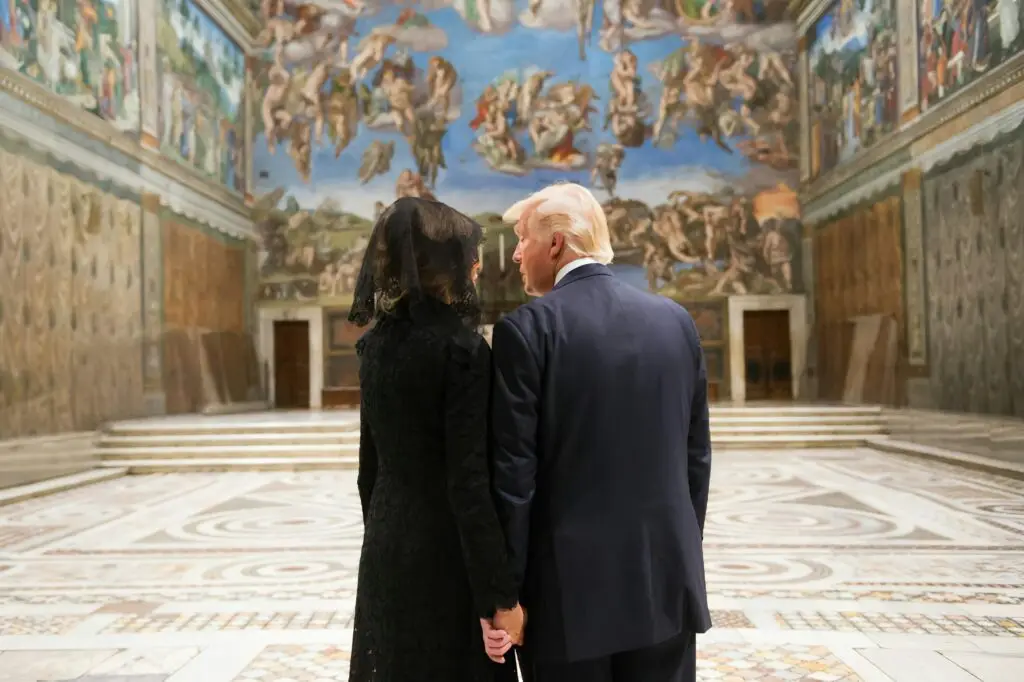
Oligarchs shaping politics: From Trump to Musk, from Saudi Arabia to Qatar—wealthy individuals and lobby groups increasingly influence global legislation and political decisions. What was once done discreetly through lobbyists now happens openly, as billionaires enter politics themselves. This trend poses significant risks to democracy, the environment, and social equity, as personal interests often take precedence. The article explores global examples and examines the long-term consequences of economic power dominating political authority.